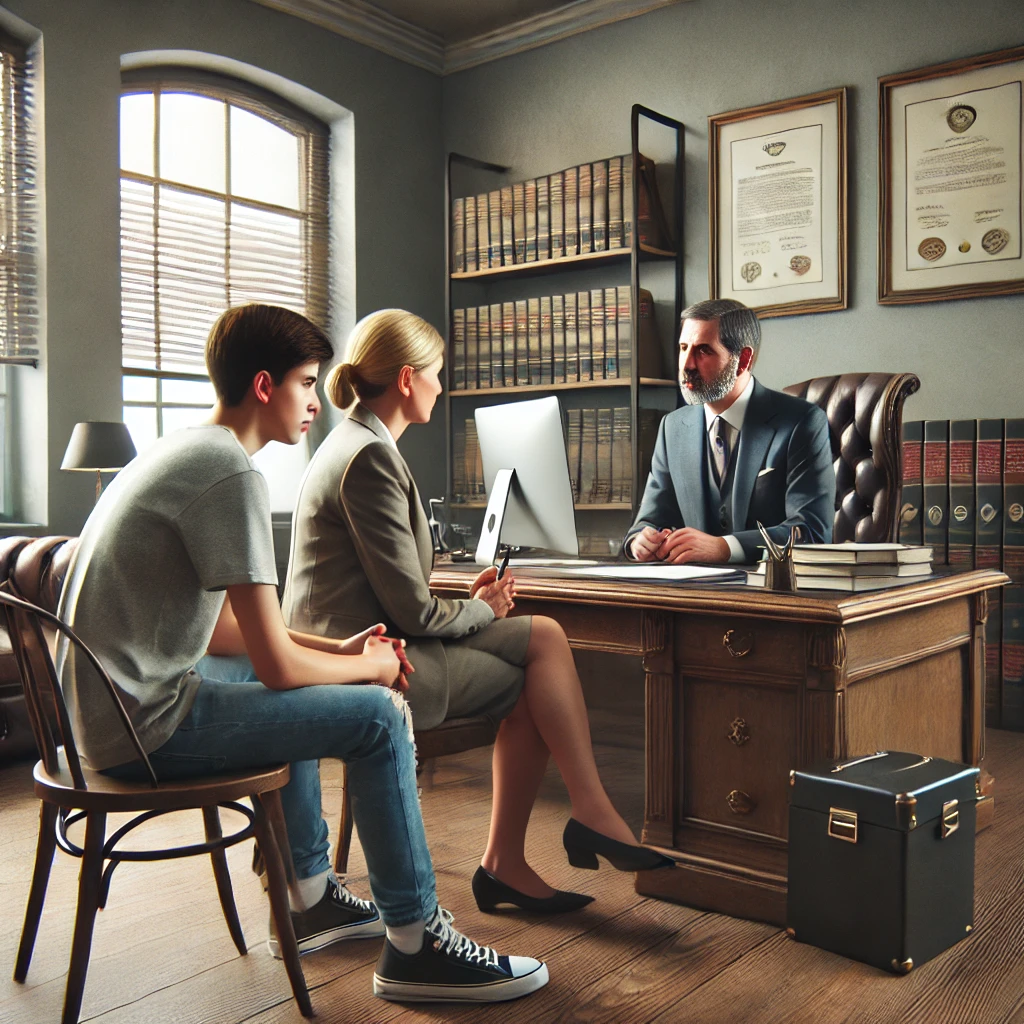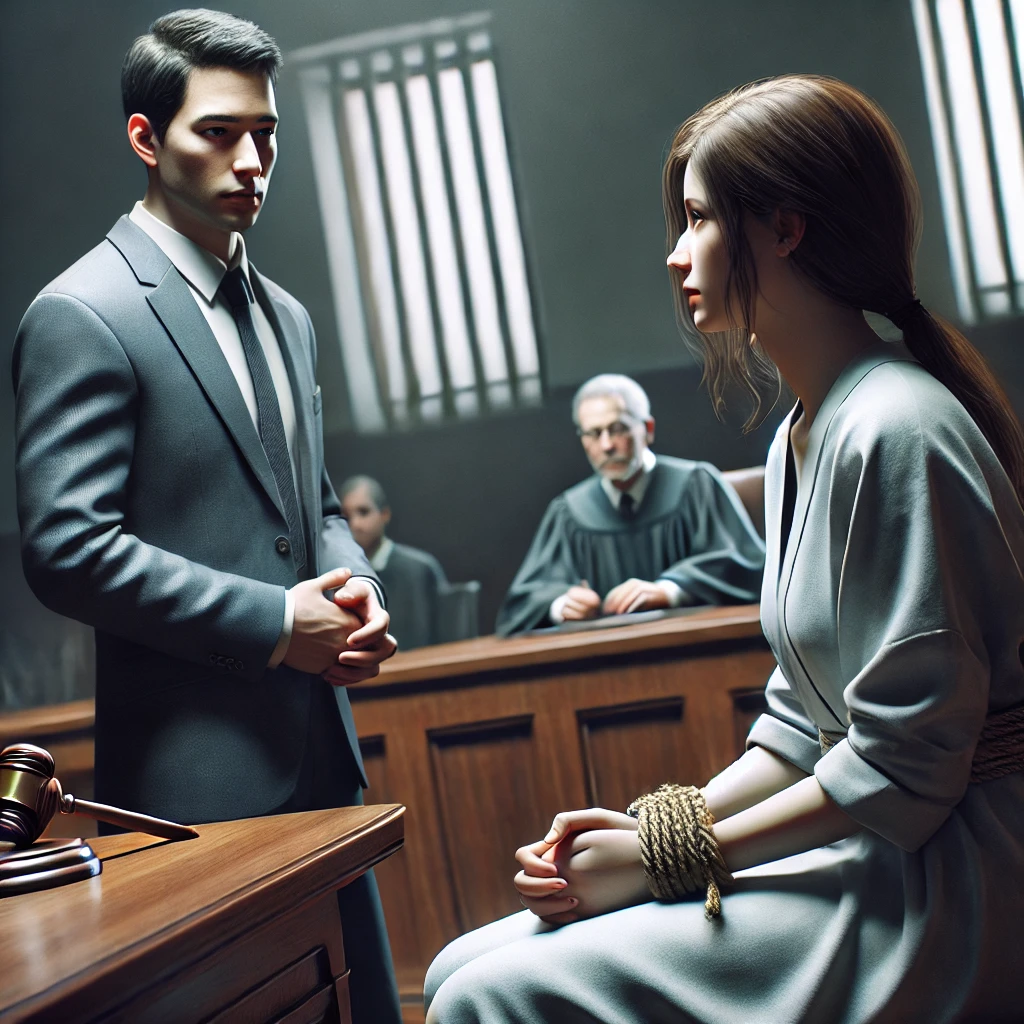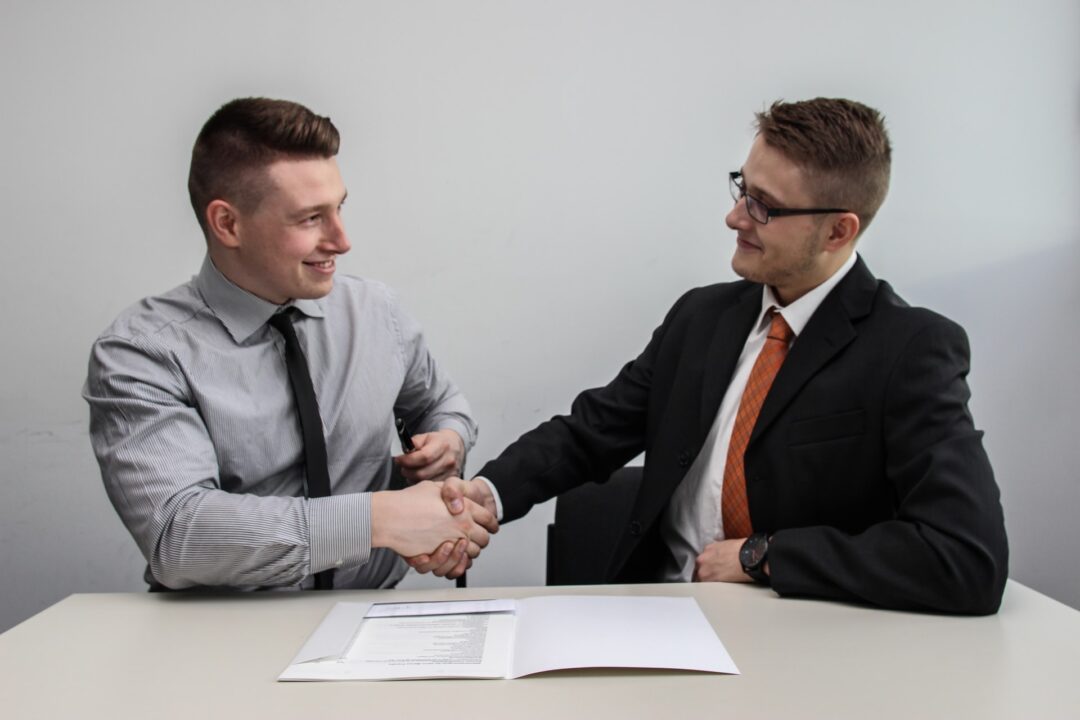In Estonia, the criminal liability of minors is an important issue that requires special attention and understanding from both society and parents. On the one hand, the law must protect society from the unlawful actions of minors. On the other hand, it’s essential to remember the rights and interests of children, who are still developing their worldview and may not fully understand the consequences of their actions. In this article, we will look at the main aspects of juvenile criminal liability in Estonia and how it differs from adult liability. We will also share examples of successful defense cases involving minors.
At What Age Does Criminal Liability Begin?
According to Estonian law, criminal liability begins at the age of 14. This means that teenagers who reach this age can be held accountable for committing crimes. However, minors are subject to special legal provisions and procedures aimed more at rehabilitation than punishment.
For children under 14 who commit unlawful acts, alternative measures are applied, such as educational programs, individual work with psychologists and social workers, and other measures that do not involve criminal punishment.
Features of Criminal Proceedings for Minors
Criminal proceedings involving minors follow special procedures. In such cases, it is mandatory to have a legal representative, such as parents, guardians, or lawyers, to protect the rights of the minor. The primary goal of juvenile criminal proceedings is not just to deliver a fair verdict but also to assist the child in correcting their behavior and reintegrating into normal life.
It’s also important to note that minors face lighter penalties compared to adults. Instead of imprisonment, penalties may include conditional sentencing, community service, or placement in special educational institutions where they receive the necessary help and support.
Possible Penalties and Alternative Measures
When dealing with minors, the focus is on rehabilitation rather than punishment. The law provides for various ways to address offenses, including:
- Conditional sentencing: Often applied to first-time offenders if there is reason to believe that they can reform after receiving a warning.
- Community service: A judge may assign minors to perform community service, which helps them develop a sense of responsibility and understand the consequences of their actions.
- Behavioral correction programs: Minors are often directed to programs aimed at changing their behavior, improving communication skills, and fostering self-control.
Differences Between the Liability and Protection of Minors and Adults
The principles of criminal liability and protection differ significantly between minors and adults in several ways:
- Age of responsibility: Adults are criminally liable from the age of 18, while minors can be held responsible starting at age 14. Children under 14 cannot be criminally prosecuted.
- Penalties: Adults may face harsher penalties, such as imprisonment and fines. In contrast, minors are subject to milder, more rehabilitative measures, such as conditional sentencing, community service, and social programs.
- Procedural protections: Criminal proceedings involving adults are generally public, except when the court decides otherwise. In contrast, juvenile proceedings are closed to protect the child’s privacy and prevent stigmatization. Additionally, a parent or legal representative and a lawyer are required to be present to ensure the minor’s rights are fully protected.
- Focus on rehabilitation: While adults are typically punished to restore social order, the main goal for minors is to guide them back onto the right path and prevent further offenses. Judges and lawyers work to help minors understand their mistakes and change their behavior for the future.
- Psychological considerations: Minors’ psychological and emotional development is taken into account, which differs significantly from that of adults. Children are more susceptible to external influences, such as peer pressure or family dynamics, making the assessment of their actions and responsibility more complex.
Examples of Successful Defense of Minors
Here are three examples of successful defense cases where minors were favorably supported and the criminal proceedings resulted in positive outcomes:
- Reducing charges: A 15-year-old boy was charged with theft and vandalism. Thanks to the work of his lawyer, it was proven that the boy’s role in the crime was significantly less than initially claimed. As a result, he was sentenced to community service and a rehabilitation program, avoiding harsher penalties.
- Proving innocence in a group crime: A 16-year-old girl was accused of participating in a group crime, although she did not actively engage in any illegal activities. The lawyer successfully demonstrated that, while present at the scene, she did not contribute to the crime. The court acquitted her and directed her to counseling to help her understand peer influence and personal responsibility.
- Behavior correction in a bullying case: A 14-year-old was involved in a school bullying incident that escalated into physical violence. While this could have led to severe legal consequences, the lawyer secured the minor’s placement in a behavior correction program. Upon completion, the teen avoided stricter punishment and received support to change their behavior.
Conclusion
Criminal liability of minors in Estonia differs from adult liability in several key ways, particularly in terms of penalties and legal procedures. Minors are subject to lighter, rehabilitation-focused measures to help them learn from their mistakes and return to a law-abiding life. For adults, the focus is more on punishment and restoring social order. Therefore, it is crucial to seek professional legal assistance in cases involving juvenile criminal liability to protect the rights and interests of the child.
If your child or a family member is facing juvenile criminal liability, it is important to obtain professional legal assistance. For consultation, you can reach out to attorney-at-law Ilya Zuev to ensure the best possible defense of your child’s rights and interests.







